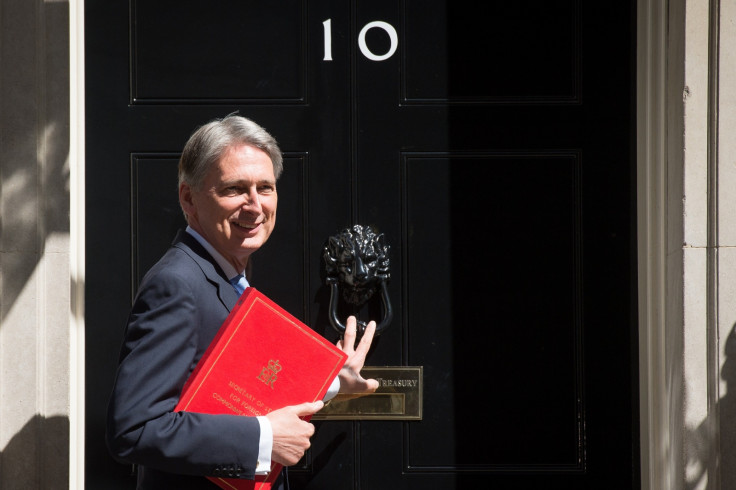UK government's pre-Brexit borrowing was less than expected
Official data reveals the Treasury borrowed £7.8bn, nearly £2.2bn lower than same month a year ago

The UK government borrowed £7.8bn ($10.3bn) in June in the run-up to the EU referendum, the Office for National Statistics said on Thursday (21 July).
The figure was £2.2bn lower than the borrowing recorded over the same month last year, and well below market expectations of £9.5bn borrowing figure.
The ONS said public sector net debt, excluding banks, climbed by £47.6bn to £1,621bn over the period, the equivalent to 84% of gross domestic product (GDP).
Commenting on the data, Chancellor Philip Hammond said: "These public finance figures highlight the underlying strength of the British economy. Ahead of the referendum monthly borrowing continued to fall, with the deficit in June the lowest it has been since 2007.
"As our economy now adjusts to reflect the referendum decision it is clear we will do so from a position of economic strength."
The new Theresa May administration has scrapped former Chancellor George Osborne's target of returning the public finances to a surplus by 2020. He had been looking to hit forecasts set by the Office for Budget Responsibility, which said the UK would have a budget surplus of £10.4bn in 2019-20 and £11bn the year after.
However, Hammond has indicated that the Government may take advantage of the cheap cost of borrowing to push fresh investment into the UK in the hope of bolstering productivity.
The ONS said the Treasury was helped by a £2bn rise in receipts to £49bn in June, compared with the same month last year.
Howard Archer, chief UK economist at IHS Markit, said the news might well be welcomed by Chancellor Hammond, as the public finances saw the best June performance since 2007, but things are likely to head downhill as Brexit takes a toll on economic activity and the public finances.
"The UK's vote to leave the European Union has clearly put the fiscal targets for 2016-17 and beyond out of reach, and seen an end to George Osborne's Chancellorship. The economy is currently having to cope with significantly tighter fiscal policy, and there is pressure on the government to come up with stimulus measures to ease the Brexit shock to the economy.
"As such, June's referendum poses a major threat to the public finances with markedly reduced growth prospects set to take a toll on tax receipts in particular," Archer added.
© Copyright IBTimes 2025. All rights reserved.






















